Applewild’s seed to lunch program’s teaching garden is a hot spot of campus activity. Students design the garden from the “floor” up. They research flowering plants to attract pollinators, design and build bird houses, and plan how to maintain the garden over the summer months. Students turn the warm soil and using methods taught in their science labs, determine soil quality and best growing techniques.
Our lunch menu is carefully planned to include locally grown fresh produce from our own school garden. Students learn about composting and are responsible for the composting on campus. Everyone helps to harvest the garden and we all benefit from the lessons learned. Food cultivated from the teaching garden can be found in the school’s daily salad bar, or in the soup prepared by the 3rd graders as they discover what it was like to live in eat during their Colonial Days study of Early American history.
Connecting classroom study to the environment is an an important part of our curriculum. At each grade level, students experience these curricular connections. Local farmers and growers work with our students and share beekeeping and apple growing secrets. Fourth graders may canoe the Nashua River and study water quality and river cleanup as part of their science course work.
From seed to the lunch table, to the compost pile, an integral part of our students’ Applewild experience is learning to be stewards of the environment.
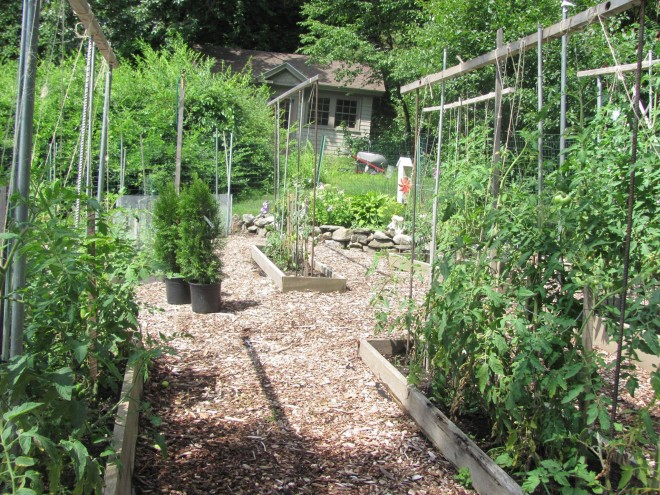
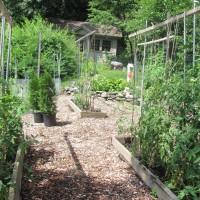
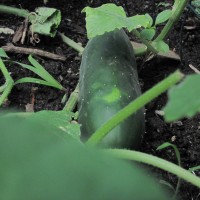
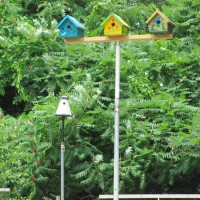
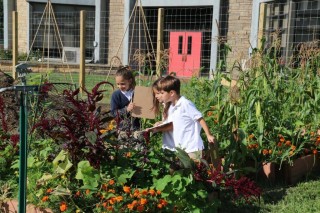
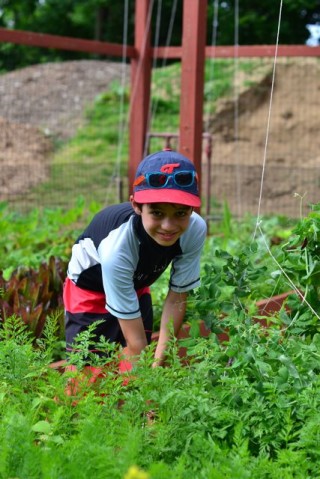
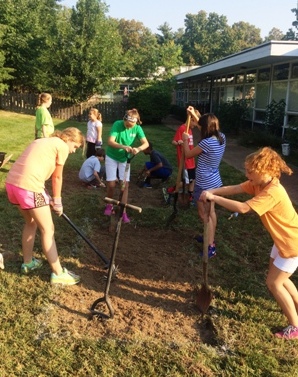
I am so proud of this wonderful school!